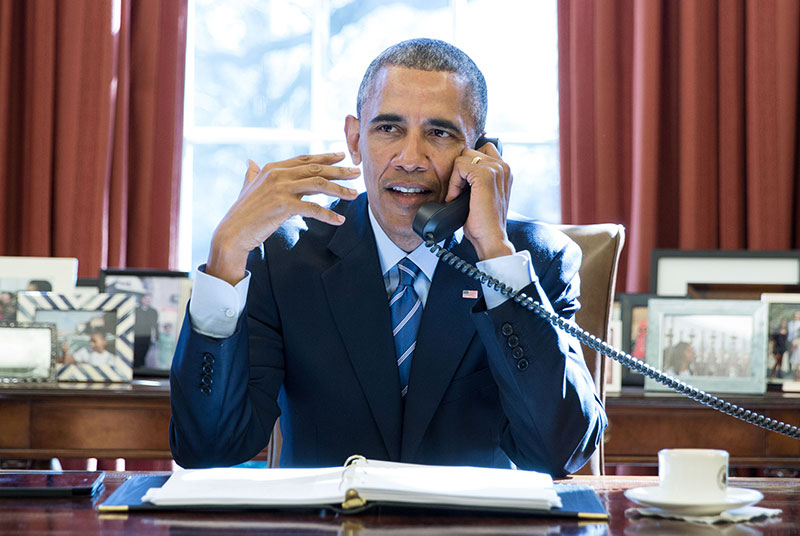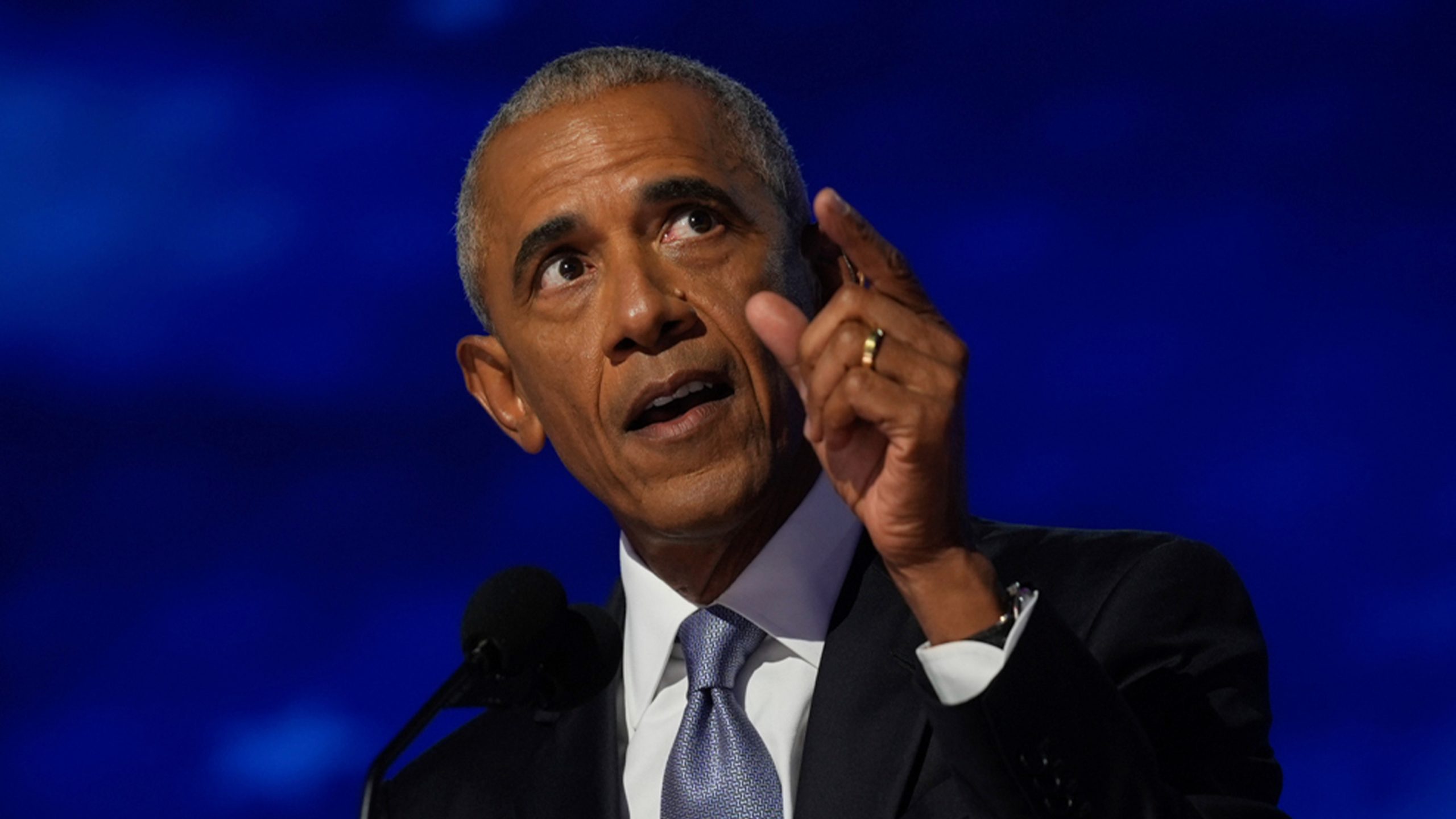Beyond the Ballot: The Enduring Legacy of Barack Obama

Even years after leaving the White House, Barack Obama remains one of the most respected figures on the global stage. As a Nobel Prize winner and the 44th President of the United States, his impact on politics, culture, and diplomacy continues to inspire millions. Recently, a trending question on social media — “If Obama could run again in 2028, would you vote for him?” — has reignited national discussions. Though the U.S. Constitution limits any president to two terms, this “what if” scenario has sparked a deeper conversation about leadership, values, and the direction of American democracy.

For many, Obama’s calm, thoughtful, and unifying approach stands in contrast to the bold and often divisive style of Donald Trump. These two leaders, representing different eras and philosophies, have become symbols of opposing visions for the country. While Obama is remembered for his message of hope, diplomacy, and inclusive progress, Trump is known for his unapologetic call for disruption and “America First” ideals. This comparison is more than political — it reflects a national divide in how Americans define leadership, strength, and success.

However, the debate goes far beyond individual personalities. It reveals what citizens truly seek in a leader: wisdom, compassion, courage, or the ability to challenge the system. Discussions surrounding Obama’s potential return — though purely hypothetical — have brought attention to key issues like economic growth, national security, healthcare, and above all, trust. In a time when public faith in institutions is fragile, the longing for a leader who can unite rather than divide shows a growing desire for stability and moral clarity.
![]()
Whether one supports Obama’s vision or prefers Trump’s approach, one truth stands out: leadership does not end with a presidential term. It continues through ideas, influence, and the impact left on a nation’s soul. Obama may never run for office again, but his presence remains strong in the public imagination — not as a candidate, but as a symbol of hope, unity, and the enduring power of thoughtful leadership.










